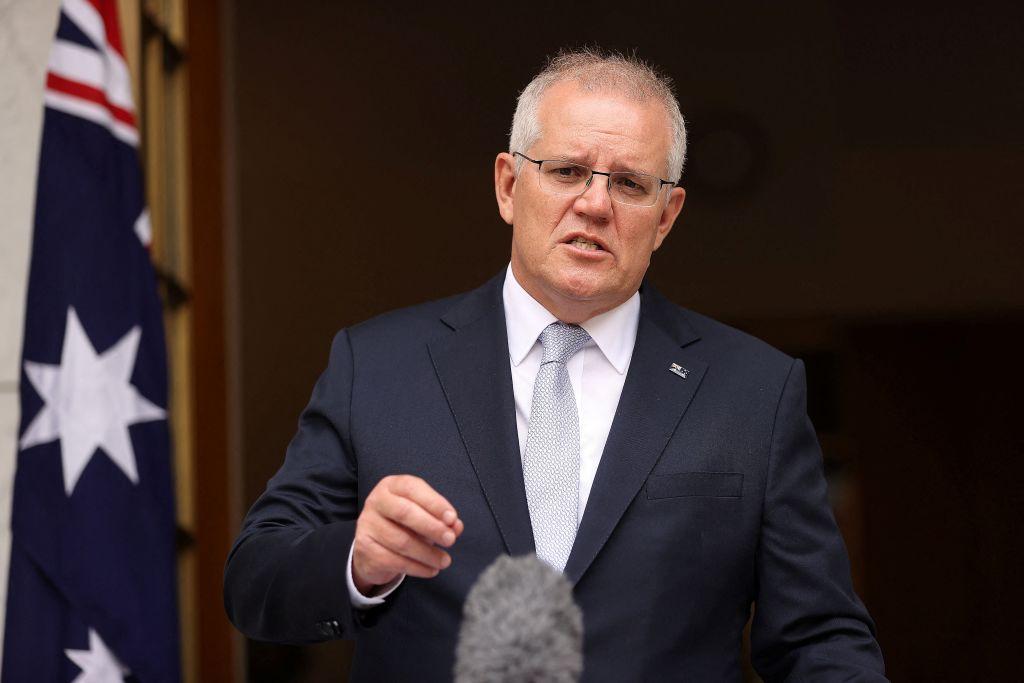Australian Prime Minister Scott Morrison announced, following the national cabinet meeting, that close contact isolation rules changes will be expanded to help ease supply chain issues and keep the economy running.
The earlier changes that allowed food and grocery workers identified as close contacts to return to work with a negative test result for COVID-19 has been expanded to all freight, transport, and logistics employees, including workers at service stations.





